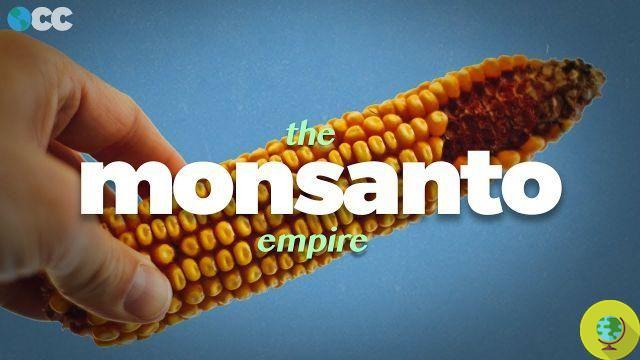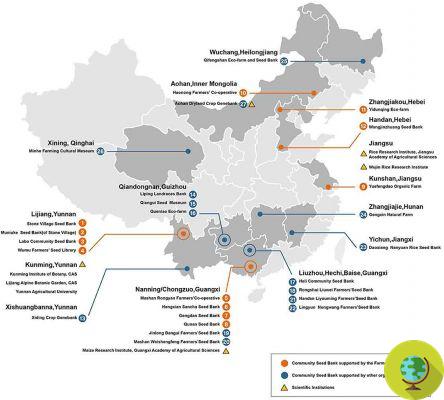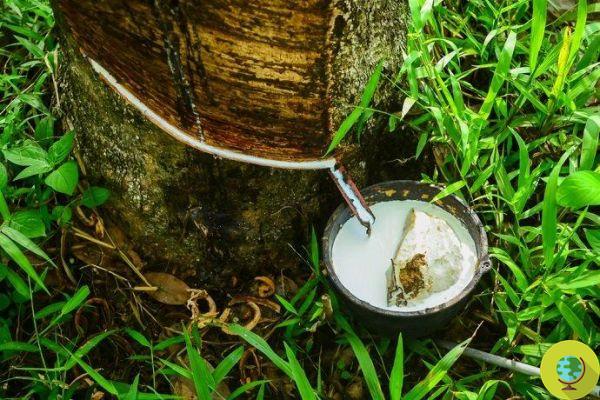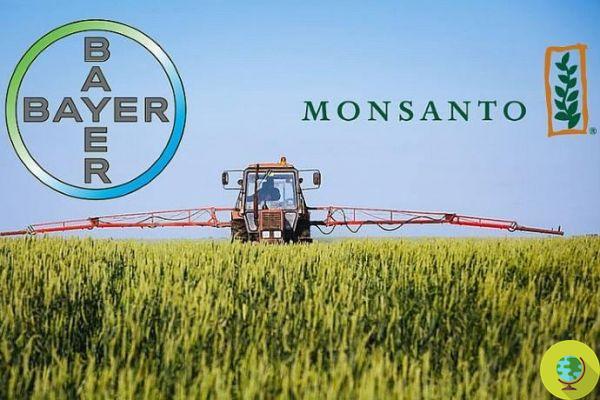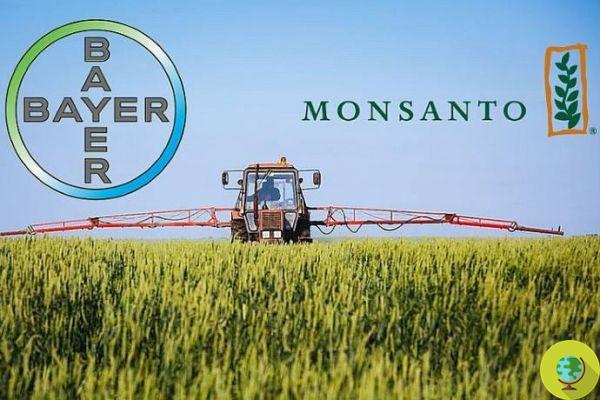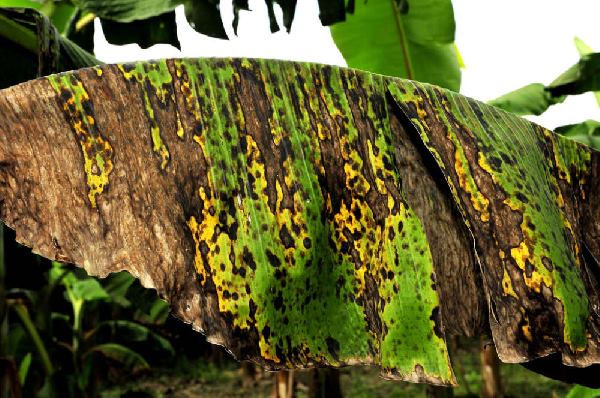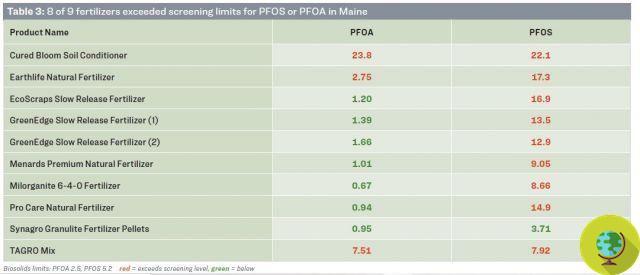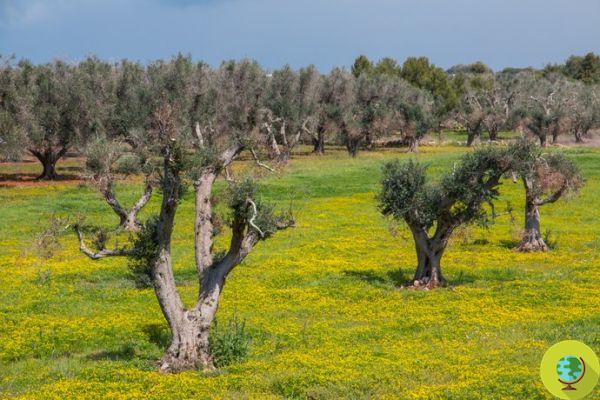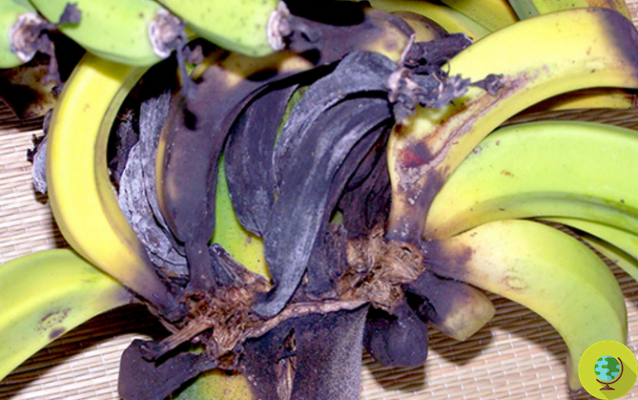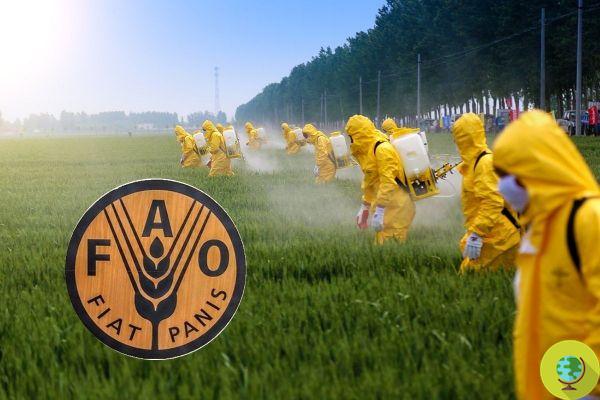
Is FAO also in the hands of the pesticide industry? A fear that is becoming more and more concrete according to scientists and associations
He is about to end up run over, his mother saves himIs FAO also in the hands of the pesticide industry? A fear that is becoming more and more concrete according to a group that includes 600 scientists and associations, according to which the agreement of the United Nations Food and Agriculture Organization (FAO) with Croplife, the commercial body of the pesticide industry, is likely to be very dangerous.
Qu Dongyu, FAO Director-General recently announced his intention to develop a new one partnership con CropLife to transform agri-food systems. So far, FAO has carefully safeguarded its impartiality and resisted industry openings, but the new agreement that has been talked about for some time could plunge world agriculture into the abyss of pesticides.
In addition, FAO and CropLife International announced in October that they had
"Renewed and strengthened their commitment to work together and find new ways to transform agri-food systems and promote rural development on the ground, investment and innovation".
During a virtual meeting, held in early October, FAO Director-General QU Dongyu and Giulia Di Tommaso, President and CEO of CropLife International, signed a Letter of Intent to explore new partnerships between the United Nations Agency and the private sector. In his opening remarks, Qu stressed the importance of engaging the private sector in taking concrete steps towards transformation of agri-food systems and stressed the potential of digital technologies in this regard.
So far so good, but a group of scientists and environmental associations fear that the agreement may pave the way for pesticides. For this, the Pesticide Action Network (PAN), the Institute for Agricultural and Trade Policy (IATP) and Les Amis de la Terre, have written a letter to the Director General of FAO in which it is emphasized that the Organization is giving up
“To its role as a world leader in supporting innovative agricultural approaches”.
The letter expresses the concerns of 350 civil society organizations, 600 scientists and indigenous peoples of 63 countries representing hundreds of thousands of farmers, fishermen, agricultural workers:
“We are writing to express our deep concern about the declared plans to strengthen official ties with CropLife International. We strongly urge you to reconsider this covenant.
Partnering with CropLife, a trade association representing the interests of companies that produce and promote hazardous pesticides, directly undermines FAO's priority of minimizing the harm of chemical pesticide use around the world, including the progressive ban on highly hazardous pesticides (HHP). It also undermines the principles established in FAO in the Code of Conduct on Pesticide Management and connects the agency with producers of harmful, unsustainable chemical technologies, ”the letter reads.
According to the associations, relying on dangerous pesticides is a short-term solution that undermines the right to adequate and healthy nutrition for present and future generations. To corroborate his point of view, he cites a recent analysis according to which the members of CropLife, BASF, Bayer Crop Science, Corteva Agriscience, FMC e Syngenta they made more than a third of their income from sales of HHP, the pesticides most harmful to human health and the environment.
“Their main goal is to maximize product sales, regardless of health and environmental damage and whether these products are needed or actually beneficial to farmers. FAO, on the other hand, should aim to increase farmers' access to practices and tools that help agriculture sustainably without harming their health. In addition, CropLife member companies are explicitly targeting developing and emerging countries in Africa, Latin America and Asia as expanding markets for their products, taking advantage of weak controls on the registration and marketing of pesticides, ”the letter continues.
According to the intergovernmental science-policy platform on biodiversity and ecosystem services, pesticides also produced by the companies associated with CropLife have decimated pollinator populations and are devastating biodiversity and fragile ecosystems. Between these:
- the herbicide paraquat Syngenta is one of the most toxic in the world, and has been linked to Parkinson's disease and many other health impairments. Banned in Europe since 2007, it is still exported and widely used;
- the insecticide chlorpyrifos Corteva impairs brain development, resulting in developmental delay and lower IQ. It has been banned in several countries of the United States, Europe and four other states, but production and use continue;
- l’imidacloprid Bayer's and other neonicotinoid systemic insecticides have been devastating to bees and pollinator insect populations;
- il fipronil of BASF has been implicated in the mass deaths of bees in many countries, including France, Brazil and South Africa.
“There is real concern that the proposed partnership could lead FAO to abandon its commitments to phase out HHPs and promote effective agroecological alternatives to CropLife's more dangerous products. It is clear why the latter is enthusiastic about the partnership: it will not only help sell its products, but will also give this toxic sector a veneer of respectability ”, denounce associations and scientists.
Only goal? Profit, at all costs.
Click here to read the letter
Sources of reference: Pan, Fao
READ also:
- Fipronil: The toxic insecticide also affects generations that have never been exposed
- France bans glyphosate in rows of vines and plowed orchards (but re-approves bee killer pesticides)
- The French Parliament approves the return of neonicotinoid pesticides that kill bees and pollinators






